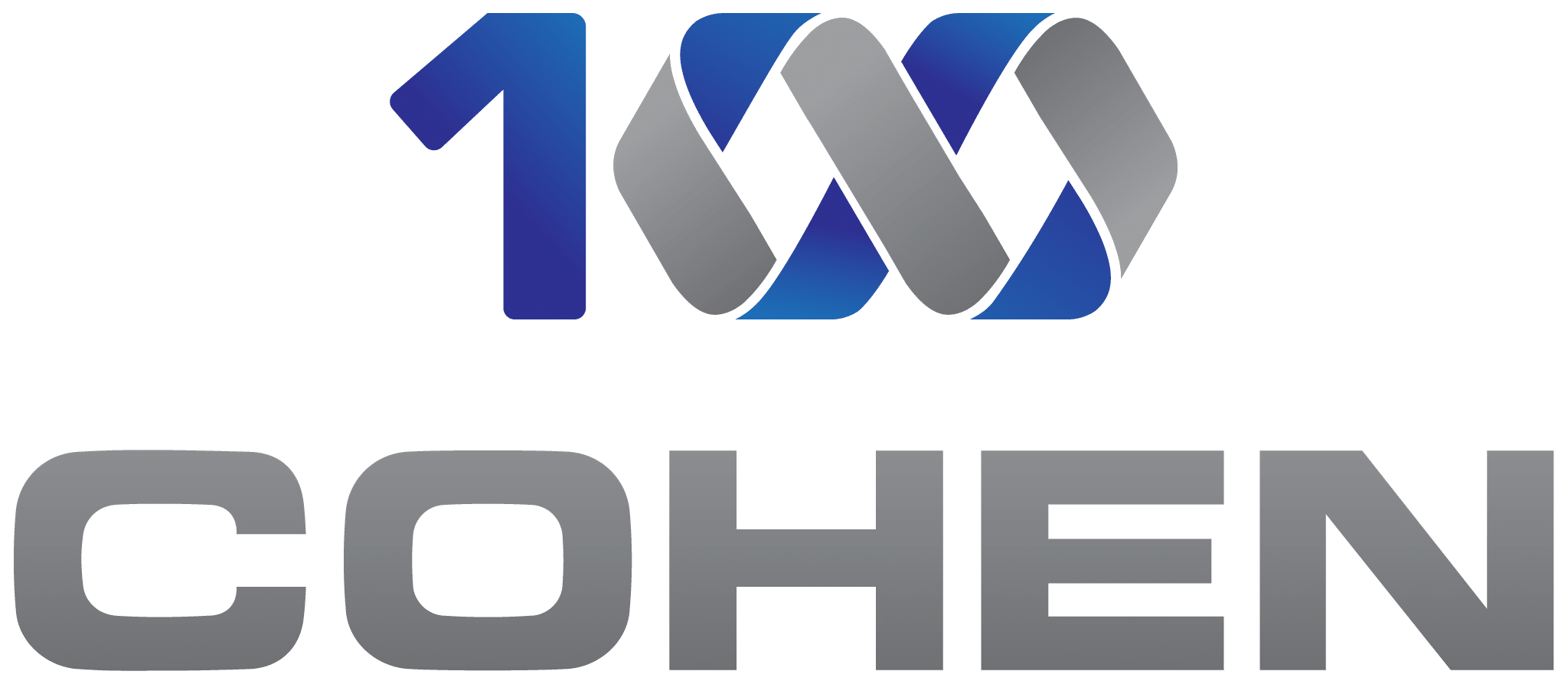What are the benefits of recycling circuit boards?
Recycling circuit boards has numerous benefits. It reduces the amount of hazardous substances that are released into the environment, as well as conserves natural resources that would otherwise be used to create new components. Recycling also helps cut down on manufacturing costs and energy consumption since fewer materials have to be mined or produced. Additionally, recycling circuit boards helps increase the lifespan of electronic products, as components can be reused in new devices. Finally, recycling circuit boards helps to create jobs and stimulate local economies as recycling companies require employees to help manage the process.
How do I recycle circuit boards?
Cohen Recycling is one of the leading recycling companies for circuit boards. Cohen specializes in the safe and secure disposal and reuse of all electronics, including circuit boards. Circuit boards can be collected at Cohen’s state-of-the-art processing center. Cohen will then sort, test, process, and dispose of any circuit boards in an environmentally responsible and compliant manner.
What are the challenges of recycling circuit boards?
Recycling circuit boards can be a challenging process due to the materials and components that make up the board. Many of these components are hazardous and require careful handling in order to be safely disposed of. Additionally, some circuit boards contain heavy metals such as lead which must also be properly handled during recycling. Furthermore, circuit boards may also contain valuable components that must be removed, sorted, and reused in order to maximize the benefit of recycling. For these reasons, it is important to use a qualified recycling service when disposing of circuit boards to ensure the proper handling of hazardous materials and maximize the recycling potential.
What parts of a circuit board are valuable?
The most valuable parts of a circuit board are the components that make it up. This includes things like transistors, resistors, capacitors, and diodes. The metals used in the board itself – such as copper, gold, or silver – can also be quite valuable depending on their purity and amount. Finally, integrated circuits (ICs) are the most important components of a circuit board and can be worth the most money. These ICs contain a variety of components, such as memory chips or microprocessors, that are integral to their functionality.
What recyclable materials are in a circuit board?
Most circuit boards contain metals such as copper, aluminum, and tin; plastics such as polyester, nylon, and epoxy; glass fibers and fabric; various chemicals; and other materials like capacitors, resistors, transistors, and integrated circuits. Although Cohen only recycles metal, learn more about where to recycle non-metal materials.
What are the risks of not recycling my circuit board?
Not recycling your circuit board has a number of risks. Electronic waste, or e-waste, contains many toxic chemicals and heavy metals like lead, mercury, cadmium and chromium which can leach into the environment if not properly disposed of. These substances are known to cause health problems in both humans and animals.
Can I make money from recycling my circuit board?
Recycling circuit boards is a great way to get paid, but it’s more than just tossing them in the bin. Factors like hazardous waste can mean extra handling and create small fees for recyclers. Even with a small fee, you’re making the world around you greener and your own life leaner – helping both the environment and economy while decluttering at home.
